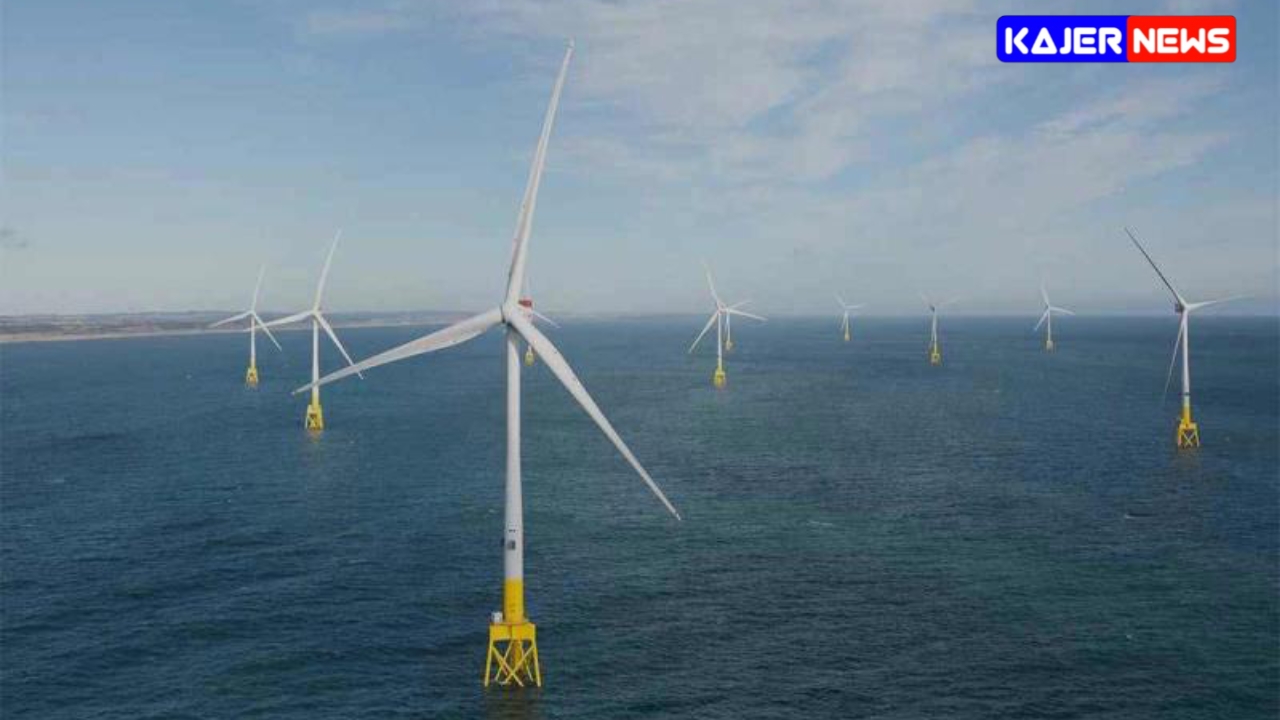Business News
argentina, argentina 4k, argentina beach, argentina dating, argentina economy, argentina girls, argentina gunna, argentina life, argentina match, argentina official, argentina official audio, argentina protest, argentina protests, argentina riots, argentina riots 2024, argentina song, argentina vs, argentina vs ecuador, argentina vs france, argentina women, ecuador vs argentina, gunna argentina, riots in argentina, wunna argentina
Soumen Samanta
0 Comments
Financial frenzy follows Argentina’s lowest monthly inflation in two years.
The Senate approved President Javier Milei’s comprehensive reform plan to deregulate the economy on the same day that stock market shares increased and sovereign risk decreased.
The markets opened the champagne bottles they had been holding out for Javier Milei’s economic deregulation bill to pass on Thursday. The final approval still needs to be voted on by the Chamber of Deputies, but that vote should be far easier than the torturous triumph in the Senate this morning. The most obvious evidence is the wild party the stock market has been having in the last few hours, during which time Argentine stocks have soared, a sovereign risk index has fallen, and the strongest monthly inflation statistic in two years has capped off the day of celebration.
While the 4.2% increase in the Consumer Price Index from April to May would be disastrous for most nations, in Argentina it gives cause for hope because, only half a year earlier, the rate of price increases was quadruple that amount. Nevertheless, cumulative inflation in the first five months was 72% and increased to 276% year over year; these numbers serve as a reminder that any remedy for the Argentine economy’s chronic ailment will require time.
The financial fervour of last Thursday was evident in Wall Street gains of up to 10% in Argentine stocks, driven mostly by the banking industry, and gains of over 4% in sovereign bonds. The measure of a nation’s public debt’s perceived hazard to foreign investors, known as sovereign risk, dropped by over 60 points to 1,424. The markets also rejoiced over Argentina’s removal of another ghost this week—the almost $5 billion debt it signed with China through a currency swap—and the news that the IMF would soon be sending $800 million to the country.
The deregulation law passed by Milei offers chances for large capital, and Milei’s message of governability to the globe also plays a role in the stock market signals. The president has demonstrated that his Cabinet is capable of successfully negotiating with the opposition, even if they are leading a very young and minority political party called La Libertad Avanza, or Freedom Advances. The broad bill has been the subject of a legislative battle for the past six months. Although the draft has undergone significant modifications, its main features remain the same: eliminating state services that Milei finds objectionable, enhancing labour market flexibility, deregulating prices, and providing a 30-year window of opportunity to foreign companies willing to invest in technology, energy, mining, and agribusiness.
The new rules give the greatest privileges to the energy sector. Milei intends a significant overhaul that will remove all traces of state interventionism and permit private enterprises to freely vie for the nation’s natural resources, particularly the enormous gas and oil reserves of Vaca Muerta in the country’s south.
Although other industries are getting ready to expand, agribusiness will still be the primary export driver of the nation. The mining lobby is rubbing its hands over the substantial tax, customs, and exchange benefits that the law contemplates, having managed to sidestep the 3% to 5% increase in fees that some senators had backed.
suppression of demonstrations
On June 12, in Buenos Aires, police use tear gas on demonstrators in front of the Senate (Argentina).
EFE’s Juan Ignacio Roncoroni
The mining sector is sure that Milei will continue on his current path despite opposition from Argentineans who have organised large-scale mobilisations against open-pit mining and have successfully stopped numerous projects. On Wednesday, security personnel encircled Congress to stop thousands of demonstrators from blocking traffic and staging a protest against the reform package. While the surrounding streets turned into a battlefield that resulted in numerous injuries, the Senate continued with the vote.
The fourth pillar, according to Milei, is the technology industry, which will underpin future growth in Argentina. The president has knocked on the doors of Silicon Valley’s titans in an attempt to transform the nation into a regional centre for technology. Sam Altman’s co-founded company, Worldcoin, stated this week that it will grow its organisation in the nation of Latin America.
If the measure passes, Milei will have legislative authority for a year, but he will no longer be able to hold the political opposition accountable for each setback his government experiences going forward. An economic downturn has been accompanied by inflation, which has been made worse by significant reductions in governmental spending. One of the biggest obstacles in the upcoming months will be maintaining price stability when the economy starts to recover.




Post Comment